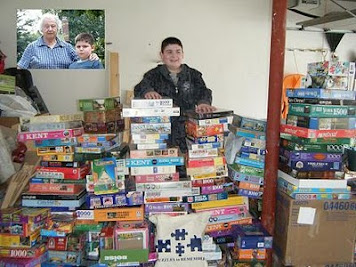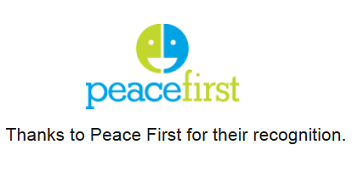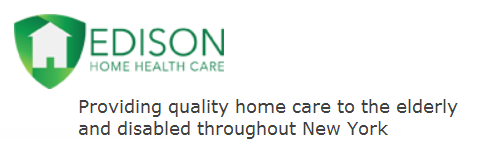by Hailey Richman
PuzzlesToRemember
KidCaregivers
Hi Everyone! I would like to share my way of solving a puzzle with a dementia patient. There are many ways to solve puzzles. I am sharing a way that works well for us. If you have a special way of solving puzzles with your loved one, please share it! It would be nice to hear about different methods of puzzle-solving!
1. Select a puzzle with the correct amount of puzzle pieces for the loved one.
I chose a puzzle with 36 pieces. Grandma has moderate dementia. Therefore, she cannot concentrate on puzzles with many pieces. If your loved one has milder dementia he/she can solve puzzles with 100 pieces. And if your loved one is severely impaired than he/she can solve 12 piece puzzles.
Show the loved one the cover of the box. Have a conversation about the picture. See if it brings back memories. This puzzle pictured has a lighthouse.
2. Prop the cover of the box up, so the puzzle-solvers can view the image to help guide them with puzzle-solving.
3. Find the 4 corners for the puzzle.
4. Find all the flat edged pieces for the frame of the puzzle. Put them in the middle.
5. Solve the frame of the puzzle.
7. If the loved one has very mild dementia (like Phil) they can find the place for the puzzle piece without help. You can see if the person needs help or can work alone.
8. If possible, have the person work with someone. Phil and grandma enjoyed socializing while solving the puzzle. It helped "break the ice".
9. Celebrate the completion of the puzzle. In addition to stimulating the brain, improving thinking and mood, it creates a social activity for the loved one. The social factor is very important for people with Alzheimer's disease :-)
(We used Springbok Puzzles - https://www.springbok-puzzles.com/) Read More....






















